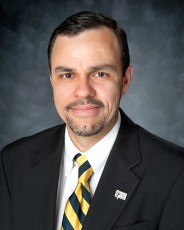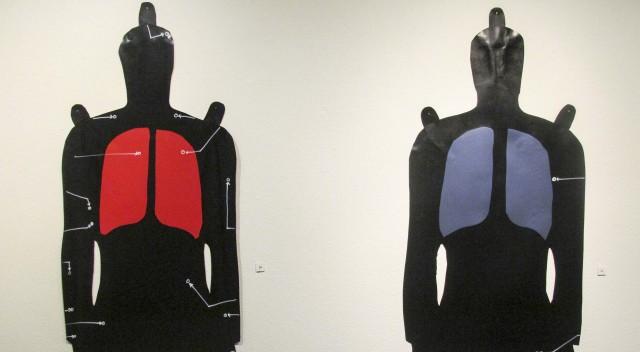By Jamil Oakford/editor-in-chief

TCC Connect was approved as its own separate campus last fall by the Southern Association of Colleges and Schools.
After its inception in 2013, TCC Connect was intended for students unable to physically come to campus and has grown to include dual credit and all online classes taken across the district.
Before the virtual campus could expand its horizons, it had to be approved by the organization that accredits TCC as a whole.
TCC Connect president Carlos Morales said the campus had to go through an approval process with the accreditor, Southern Association of Colleges and Schools Commission on Colleges.
“It is a comprehensive document that details the purpose, academics, financials and student services among other important aspects of the operation of the college,” he said.
TCC Connect was granted approval Sept. 10 of last year through SACS-COC 10 months after submitting the paperwork.
“The campus is an approved additional site,” said Michael Johnson, senior vice president and chief of staff of the SACS-COC. “It’s approval on what we call a substantive change.”
We are very exited about the response received from students.”
Carlos Morales
TCC Connect president
A substantive change is when an already accredited institution, TCC in this situation, wishes to add another campus where the credit hours and degrees obtained from that separate campus could be recognized wherever students decide to take them next.
Johnson said it’s possible for colleges to have virtual campuses that don’t have approval from an accreditation organization, but it limits what the campus can provide.
And if caught going above the approved 25 percent of programs offered, that institution could get into trouble.
“One [problem] is financial aid that students got,” he said. “The college would have to pay back any financial aid students used to enroll with the virtual campus.”
While this situation is rare, Johnson recalled at least two examples where accredited entities sought approval of their separate virtual campuses. Miami Dade College in Florida and Old Dominion in Virginia went through a similar process.
This spring, the campus recorded over 14,000 students who use their services through online classes, Weekend College and dual credit courses.
Morales finds the benefits for both students and the district limitless.
“This means that the academic programs delivered via eLearning, weekend college and the courses offered in dual credit are accredited and carry the same distinction and recognition as the ones offered on the face-to-face campuses,” he said.
Morales is thrilled with the success that TCC Connect is experiencing and said many factors go into how they run their operations.
“We are very exited about the response received from students,” he said. “Changes in demographics, population growth and the overall change higher education is experiencing influence much of what we do and how we conduct business.”
Morales said his team is excited for what the future holds for the virtual campus, as this is only the beginning.



























![Untitled [House], Barry Anderson](http://collegian.tccd.edu/wp-content/uploads/2016/02/House-640x480.jpg)

